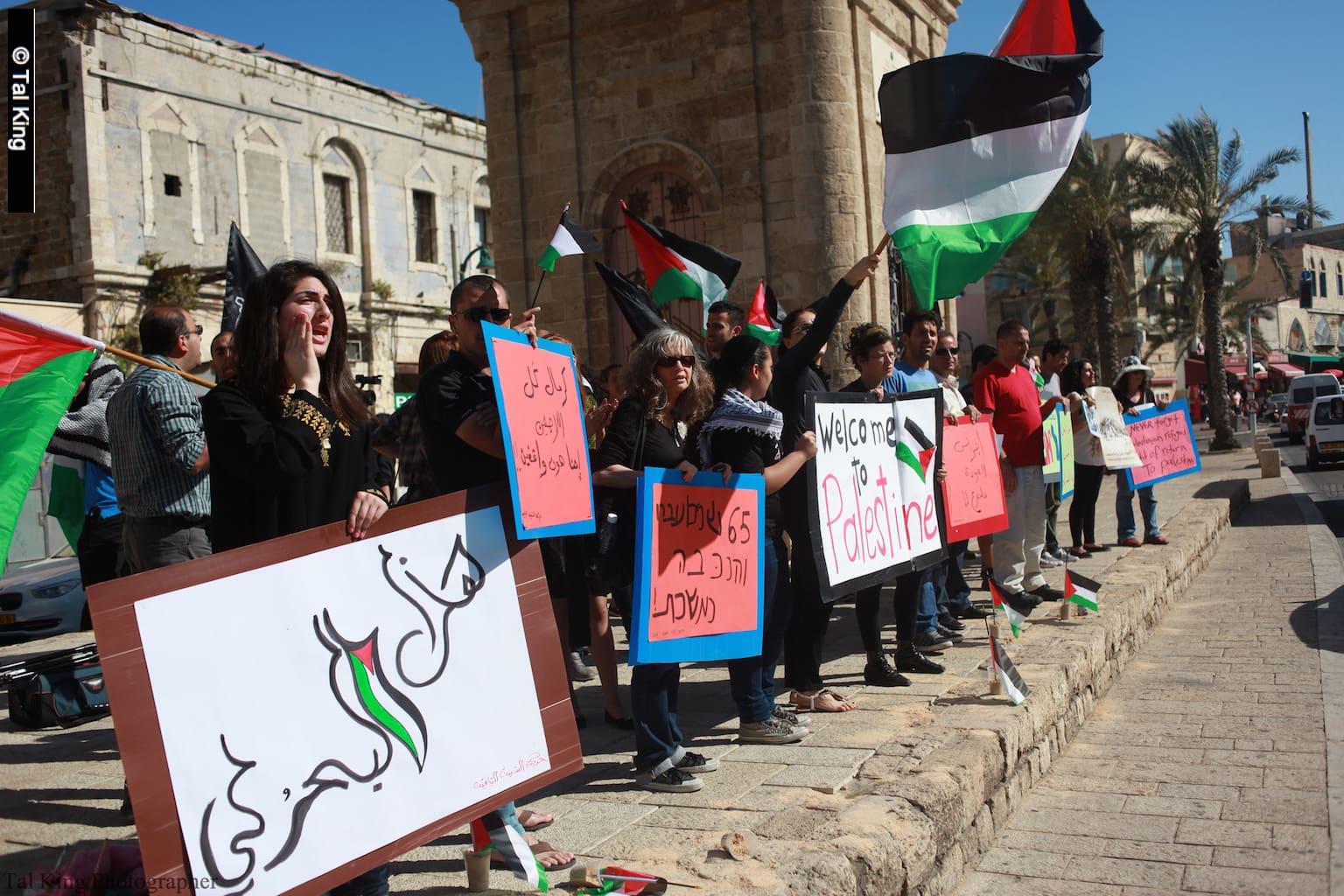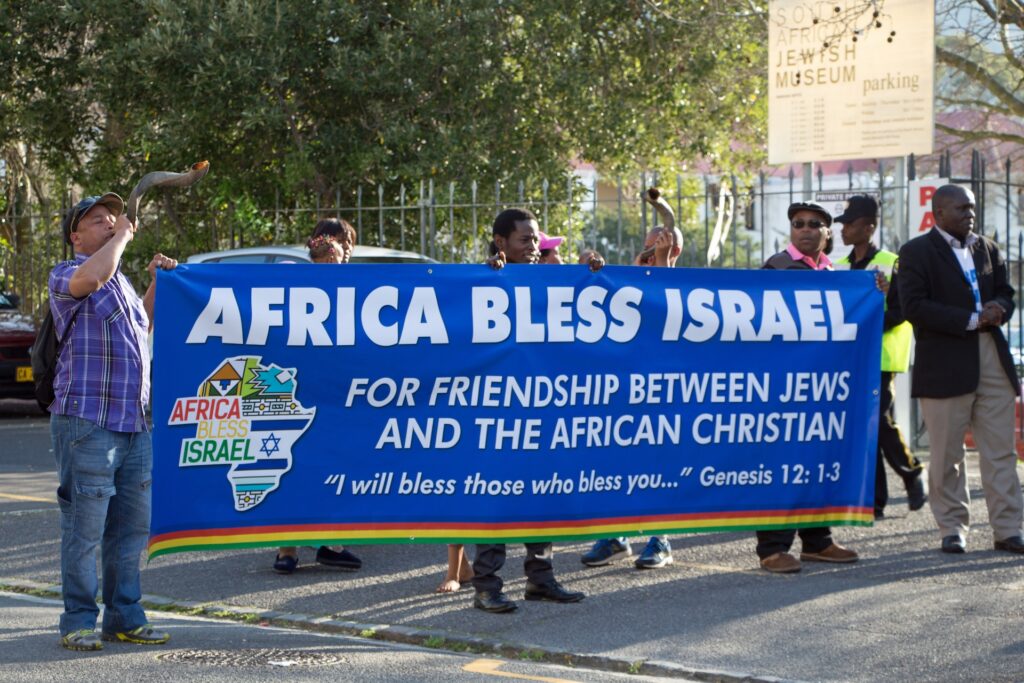Palestine-Israel: Europe Drowning in America’s Failures

On Monday, January 18, 2016, the monthly meeting of the European Union Foreign Affairs Council in Brussels is expected to discuss and decide on next steps to be adopted by the EU on the Israeli-Palestinian issue. Policy-makers in Israel are worried as they fear an expansion of European efforts to isolate Israel’s settlements.
Palestinian teen could face ‘maximum sentence’
Alaa Tartir, programme director at the Palestinian think tank al-Shabaka that examines the role of political parties in the recent uprising, holds the traditional Palestinian political parties responsible for ‘educating’ and spreading awareness about the political situation among young Palestinians.
Cut from a different cloth: Palestinian textile company bridges the divide

Samia al-Botmeh, policy adviser for the Palestinian policy network al-Shabaka, says the low participation rate of Palestinian women is striking as girls have high education rates.
L’Europe doit prendre les rênes et conduire à la paix en Palestine-Israël

Le lundi 18 janvier 2016, la réunion mensuelle du Conseil des Affaires étrangères de l’Union européenne à Bruxelles doit discuter et décider de nouvelles mesures qui pourront être adoptées par l’UE sur la question israélo-palestinienne. Les décideurs politiques en Israël sont inquiets, car ils craignent une expansion des efforts européens pour isoler les colonies de peuplement israéliennes.
Palestine-Israel: Europe drowning in America’s failures
On Monday, Jan. 18, 2016, the monthly meeting of the European Union Foreign Affairs Council in Brussels is expected to discuss and decide on next steps to be adopted by the EU on the Israeli-Palestinian issue. Policy-makers in Israel are worried as they fear an expansion of European efforts to isolate Israel’s settlements.
Palestinian citizens in Israel: A fast-shrinking civic space

Israel still portrays itself as a Jewish and democratic state. Yet in practice, as its Palestinian citizens can attest, it functions as a Jewish ethnocracy, leaving small margins of freedom for its Palestinian citizens that have been steadily shrinking in the past few years.
Palestinian evades Israel extradition in Sofia embassy
Diana Buttu, a former PLO spokeswoman and policy analyst at Al-Shabaka: The Palestinian Policy Network, said Israel’s request to extradite a former political prisoner raises several concerns.
Les colonies israéliennes asphyxient l’économie palestinienne – 2ème partie

Il faudrait passer de l’étiquetage des produits coloniaux à la cessation de toutes transactions avec les colonies. Les pays européens devraient envisager une interdiction de toutes les marchandises israéliennes.
Les colonies israéliennes asphyxient l’économie palestinienne – 1e partie

Israël considère que les récentes directives de l’UE sur l’étiquetage de certains produits des colonies israéliennes ne sont que le début d’une tendance plus importante. Il craint que cela n’ouvre la porte à des mesures plus fortes contre ses entreprises coloniales illégales et il tente de réunir les alliés pro-israéliens tant en Europe qu’aux Etats-Unis. L’un de ses arguments-massue est que l’étiquetage nuirait aux travailleurs palestiniens.







